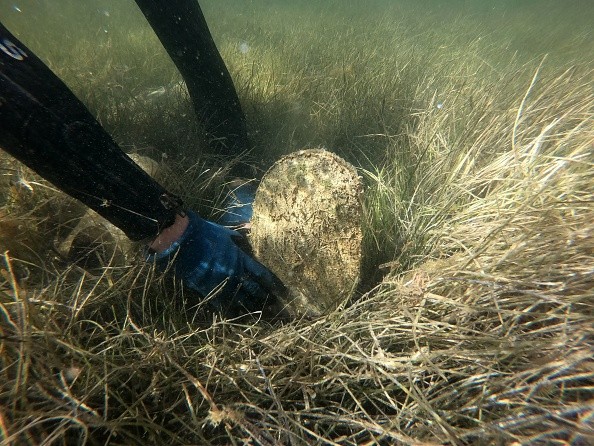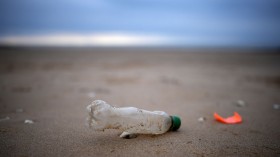The latest research explained that mussels played a crucial role as ecosystem engineers, protecting the US's significant coastal areas and ecosystems.
The researchers aimed to look into the benefits of Mussels (Geukensia demissa) that protect against habitat loss and climate change.
The study was published in Nature Communications and entitled 'Faunal engineering stimulates landscape-scale accretion in southeastern US salt marshes.
Furthermore, the study emphasized the growing concerns about climate change and sea-level rise effects on coastal ecosystems, including mangroves and salt marshes.
The role of mussels as ecosystem engineers

Mussels are underappreciated, but their species play a critical role as ecosystem engineers in protecting coastal areas in the United States.
The study explained the role of mussels in coastal areas, especially for dominant deposition and plant growth.
According to Montgomery County - Environmental Protection, mussels play a significant role in maintaining a clean river or coastal areas.
The report noted the crucial role of mussels as an ecological service in thwarting possible algae that could affect the body of water.
Moreover, mussels help indicate the water quality. Mussels assist with keeping the quality of water.
Meanwhile, the study explained that mussels are a significant habitat for plants, insects, fish and other aquatic animals.
The study report was also published on Phys.org's website.
In the research, the report explained that it looked into about 750,000 acres of salt marsh in the United States that contribute to the environment.
In addition, the study observed the so-called South Atlantic Bight. According to National Oceanic and Atmospheric Administration (NOAA), SAB reaches areas in Cape Hatteras, West Palm Beach and parts of Florida.
NOAA emphasized the need for more research on the SAB region, a crucial coastal area suffering from major extreme weather events and harmful blooms.
- The report showed that fishery harvests in the SAB region declined.
The coastal ecosystem has been critical during flooding rainfall, protecting communities from flood threats.
According to the study in Nature Communications, the researchers conducted three experiments on the mussels' impact on the SAB region.
- The fate of Mussels biodeposits
- Creekshed mussel manipulation
- Local-scale depositional effects of mussels and cordgrass
As a result, the study explained that mussels are helpful to ecosystems in the area. Ongoing efforts of protection and conservation are also significant.
Did you know? More facts about mussels
The research noted the contribution of mussels in coastal areas to maintaining a healthy ecosystem and water.
Although they are considered unappreciated, mussels undeniably impact animals' habitats and growth in the area.
According to Biological Diversity, mussels are also threatened. Water pollution could affect the ocean's water quality and impact mussels and other aquatic species.
Also Read: How Robotic Bees Could Help Healthy Colonies, Environment
The report also added that mussels are helpful in the food web. They offer ecological services that allow other aquatic species to grow.
In addition, the report added that they are about 890 identified freshwater mussels.
Meanwhile, the Wolf Center Org explained that 3000 freshwater mussels could be found in the United States.
The critical role of mussels in coastal areas and species is present in the research. The decline of the mussel population could harm the environment.
Related Article: Plastic New Disease 'Plasticosis' Causes Serious Damage to Seabirds' Digestive Systems
For more similar stories, don't forget to follow Nature News.
© 2024 NatureWorldNews.com All rights reserved. Do not reproduce without permission.





